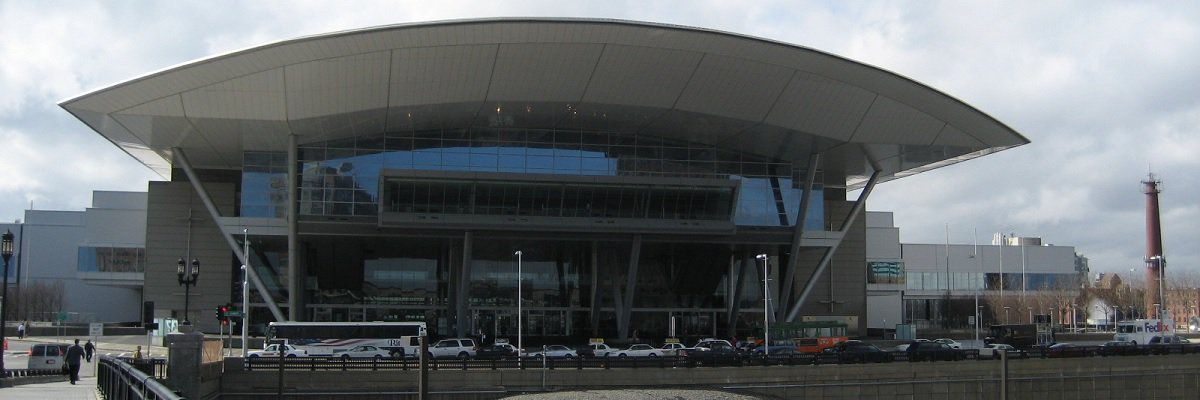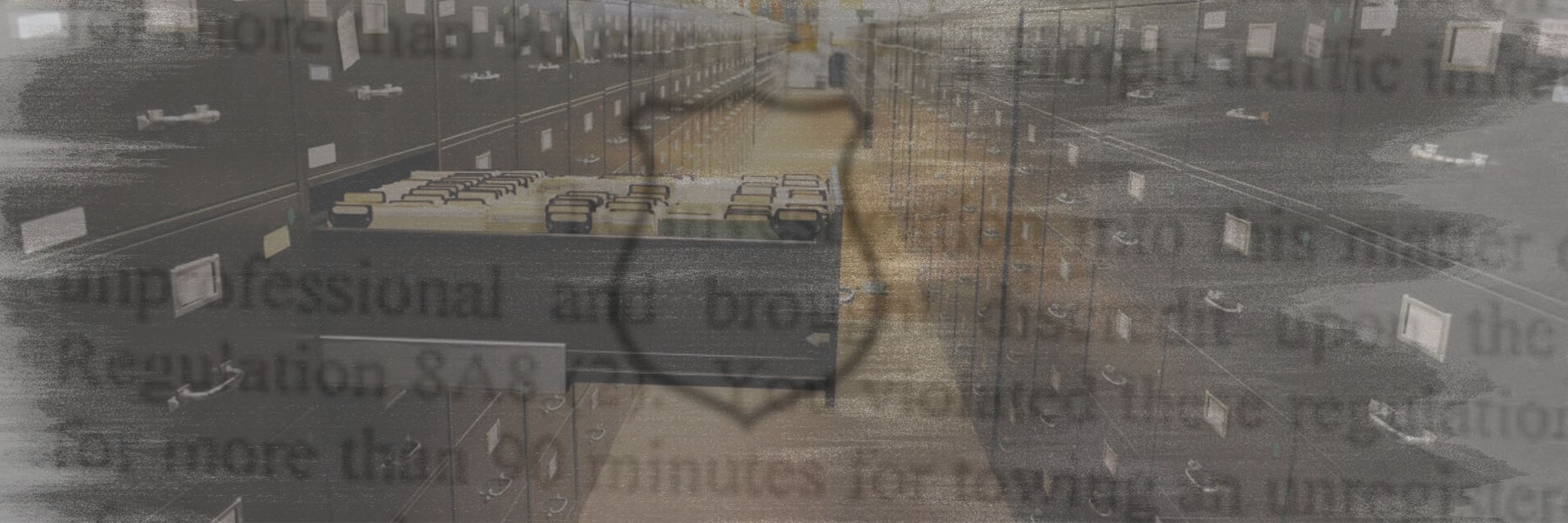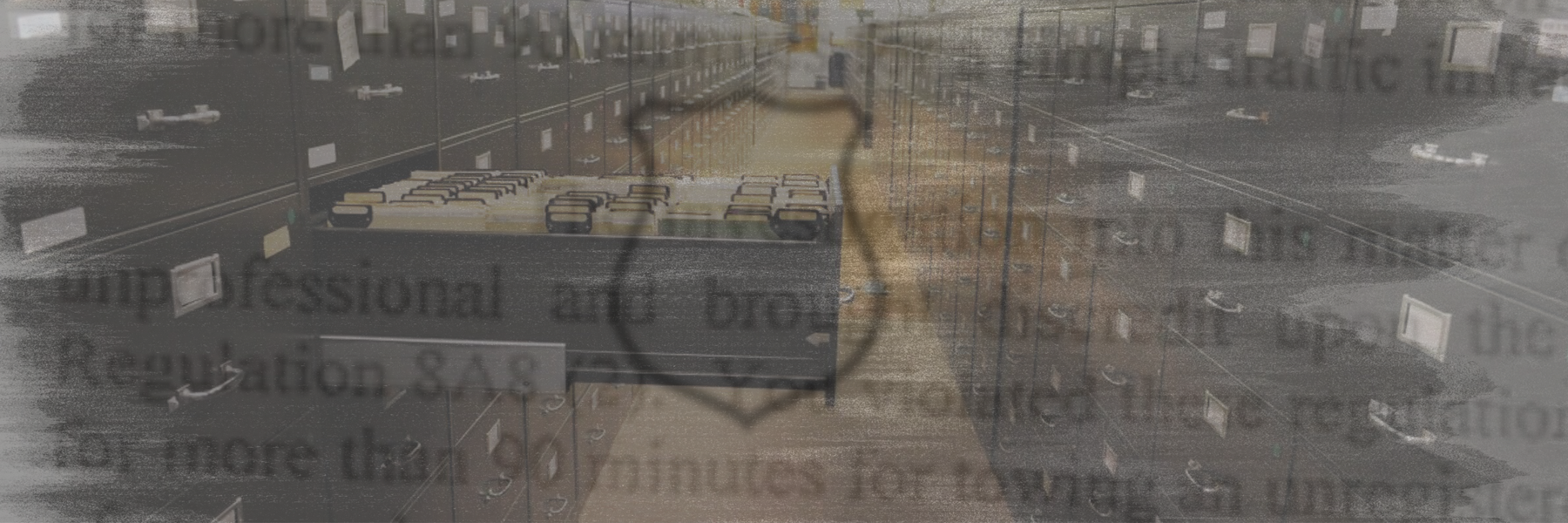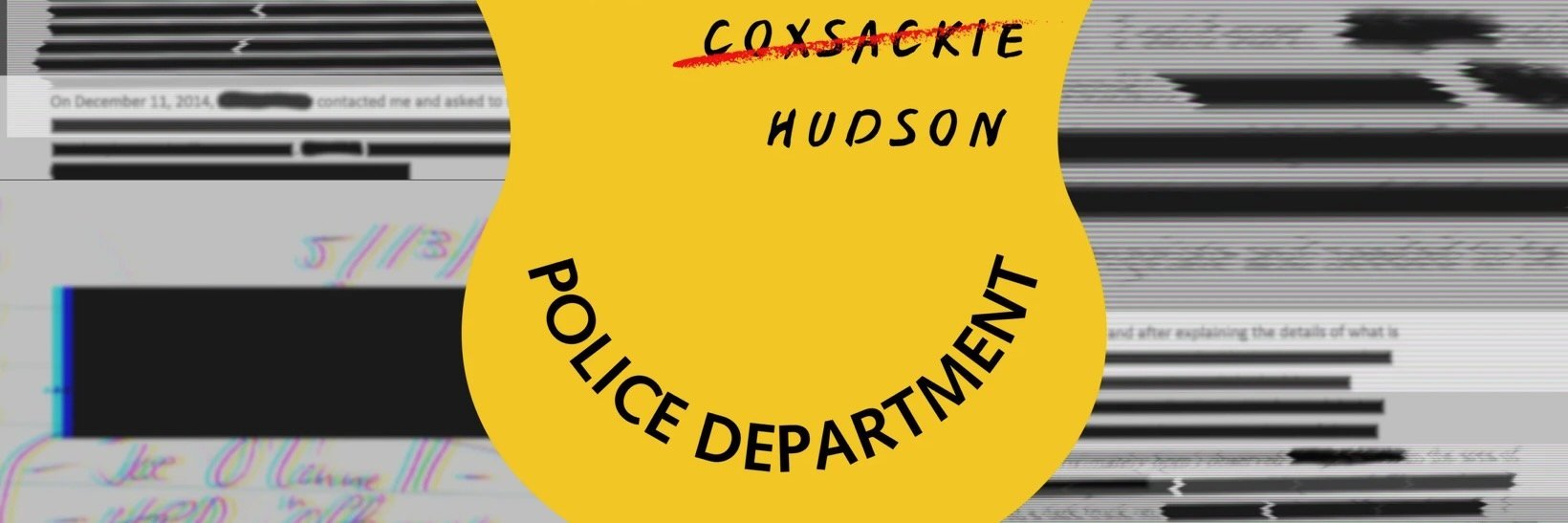Taxpayer funds are a key part in sustaining public services and our overall government. Our democracy is responsible for government oversight and ensuring the process of checks and balances works. But with some entities operating in both the public and private sectors, many quasi-government entities opt for the secrecy afforded to private companies.
Quasi-government entities are agencies that operate on the federal, state, and local level and provide basic public services like transit management, community development, health services, and law enforcement support. In Massachusetts, these agencies are more commonly known as the Massachusetts Bay Transportation Authority, the Commonwealth Health Insurance Connector Authority, and MassDevelopment, among others. Where the blurred line between public and private becomes problematic is when these government agencies function without a clear structure for oversight.
According to the Massachusetts Comptroller webpage, a total of 42 quasi-government agencies operate on the state or regional level in Massachusetts. In 2012, the Comptroller reached out to 40 quasi-government entities for their financial data - about “one-third of taxpayer dollars spent in the state,” according to the Comptroller. However, there may be new entities operating in the state today that have yet to disclose financial information. You can view the financial summary of a handful of quasi-government entities in the state, but the Comptroller notes that the “frequency of quasi agency data being updated varies by agency.”

Most quasi-government entities report to a board or local entity, leaving oversight up to the discretion of the entity itself. Yet the Executive Office of Housing and Economic Development houses its own oversight office for quasi-government entities on economic development called the Office of Performance Management and Oversight. On their website, the agency lists 16 quasi-government entities and annual reports for each entity including the Mass Cultural Council, the Massachusetts Port Authority, and the Massachusetts Convention Center Authority.
“These entities are controlled by independent boards and boards appointed by public officials. So individuals are the governing force of the boards. But they are still required to submit to public records unless there are other types of exemptions,” said Mary Connaughton, the Director of Government Transparency at the Pioneer Institute.
Although some entities might have a governing board, not all quasi agencies have a state required entity in which they must disclose financial summaries to. In turn, this causes problems in oversight and accountability to the public.
“These organizations are funded by public dollars and subject to public records law and the information belongs to the public.” said Connaughton.
The agencies don’t always agree.
In 2012, the American Civil Liberties Union filed public records requests with five regional police entities in the state, including the Northeastern Massachusetts Law Enforcement Council. NEMLEC, along with the rest of the groups, refused to fulfill the request as they claimed records were outside the reach of the public records law.
“NEMLEC initially argued that it did not meet the statutory definition of an entity subject to the public records law,” said staff attorney for ACLU Massachusetts, Jessie Rossman.
So in June 2014, ACLU filed a public records lawsuit in state court after NEMLEC failed to produce documents.
“After the issue was briefed, NEMLEC reversed its position, agreeing that its records are subject to the public records law and ultimately releasing more than 900 pages of responsive documents to the ACLU of Massachusetts.”
ACLU further argued that “any entity with the power to break down doors and arrest in the name of the state should also be required to abide by public transparency laws.”
The case brought quasi-governments back into the spotlight and also addressed a grey area in oversight into these agencies. Today, many quasi agencies now have a records officer tasked in handling public records requests. Many agencies will comply with records request unless they claim exemptions on certain records. In that case, requesters have to appeal and ultimately bring in the Attorney General’s office for additional enforcement.
“The Secretary of State ultimately determines if public records should be subject to records law. If the requester is requesting information from a quasi that refuses to release records, then the requester can file a complaint with the Secretary of State and the Attorney General can enforce,” said Connaughton.
Massachusetts state law includes quasi entities in its legal definition of an “agency,” which must disclose information to the public. Although a grey area, Connaughton acknowledges quasi governments are better at abiding by public records law and increasing transparency.
“Large authorities in Massachusetts like the MBTA and MASS Port are a lot better than they have been in the past. Mostly because media has stayed on them and it’s important to do so” added Connaughton.
“It’s a different world than it was 20-30 years ago.”
The Massachusetts Convention Center Authority’s 2018 annual report is embedded below.
Image by a rancid ameoba via Flickr and is licensed under CC BY-SA 2.0




